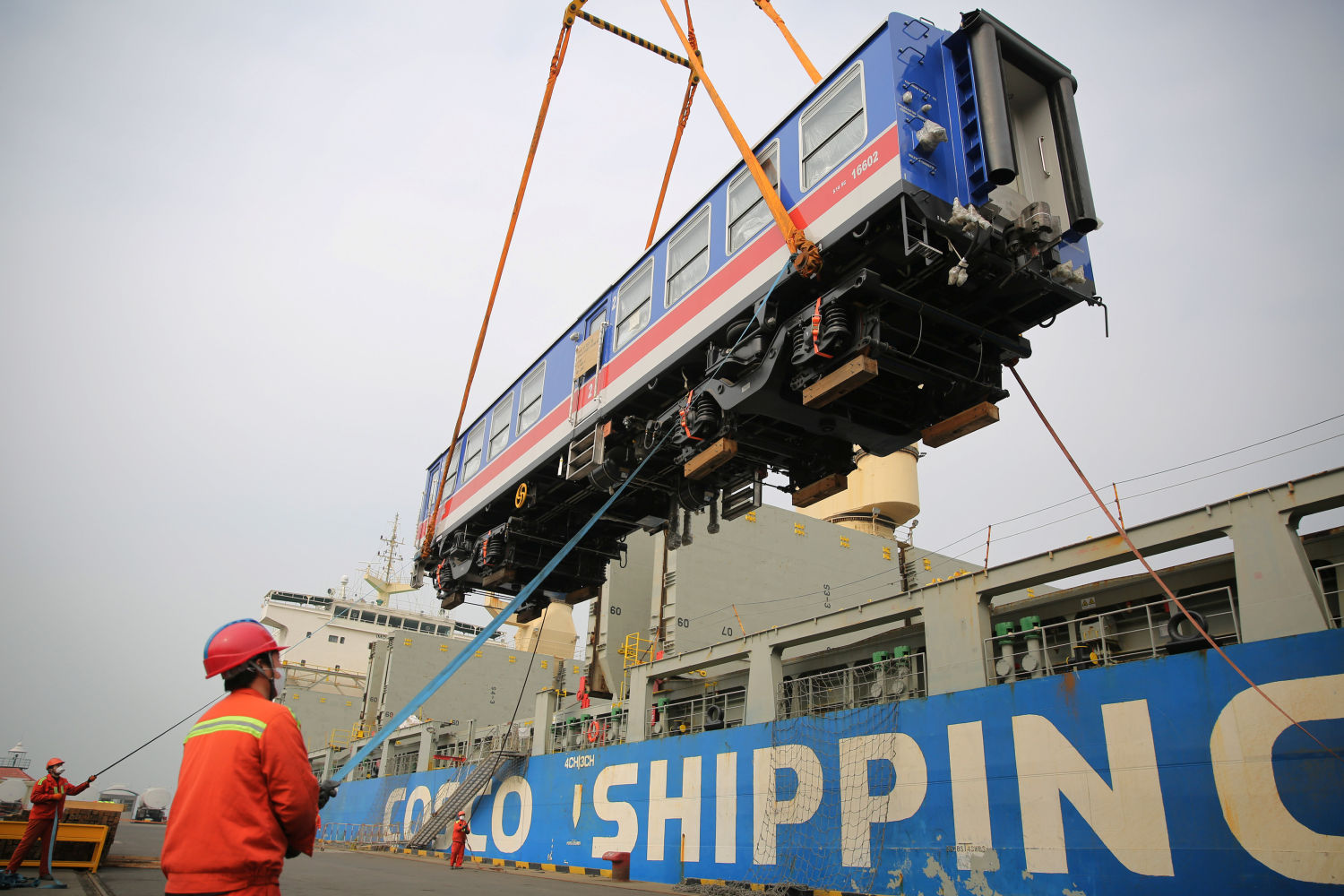Beijing-backed entities expand influence in island nation as port complex is granted tax-free status
A Chinese state-owned enterprise would become the first foreign owner of a Sri Lankan highway, as Beijing expands its influence in the South Asian island nation.
Sri Lanka’s cabinet awarded China Harbour Engineering Company (CHEC) a $1 billion contract to build a 17-kilometre, four-lane highway in the capital Colombo.
CHEC was expected to finish construction in three years and run the highway for 15 years before transferring ownership back to Sri Lanka, cabinet spokesman and energy minister Udaya Gammanpila said on Tuesday.
The decision came a week after the authoritarian government conferred tax-free status to a Chinese-built port complex – the largest single foreign investment in Sri Lanka.
Sri Lanka’s main opposition party SJB said the highway project could worsen the battle for influence between Beijing and regional powers such as India and Japan.
“Starting with the ports, China’s influence now moves inland,” SJB legislator Harsha de Silva told Agence France-Presse.
Sri Lanka’s Parliament passed a law on Thursday installing a powerful economic commission to administer a huge Chinese luxury oceanside development after altering elements of the bill ruled unconstitutional by the country’s top court.
INTEGRATED RESORT
The bill to create the Colombo Port City Economic Commission passed with a 149-58 vote in Sri Lanka’s 225-member Parliament. The planned project includes an integrated resort and casino and conference centre, a marina, and residential and office developments.
The CHEC Port City Colombo company, a unit of China Communications Construction Company, invested $1.4 billion for reclamation of land and construction of infrastructure adjacent to the Port of Colombo.
In return, it obtained the right to use 62 hectares of land on a 99-year lease from the Sri Lankan government, according to the project’s website.
China has been increasing its economic influence over Sri Lanka, and allies have been urging closer ties between Beijing and Colombo.
In February Pakistan Prime Minister Imran Khan said Sri Lanka could enhance its connectivity up to the Central Asia by benefiting from the China-Pakistan Economic Corridor (CPEC) project, part of Beijing’s ambitious global Belt and Road Initiative.
“My visit is aimed at strengthening the bilateral relationship [with Sri Lanka], especially trade and economic ties through enhanced connectivity,” he told his Sri Lankan counterpart Mahinda Rajapaksa.
With reporting by Agence France-Presse and Reuters
Sri Lanka’s bonds slump after US calls for ‘difficult’ choices over China ties
























